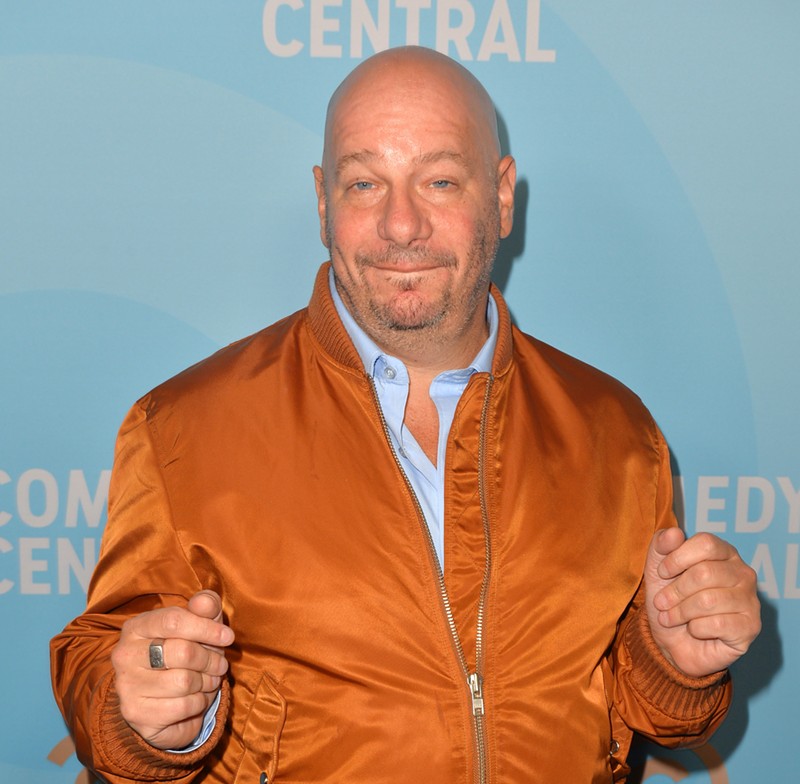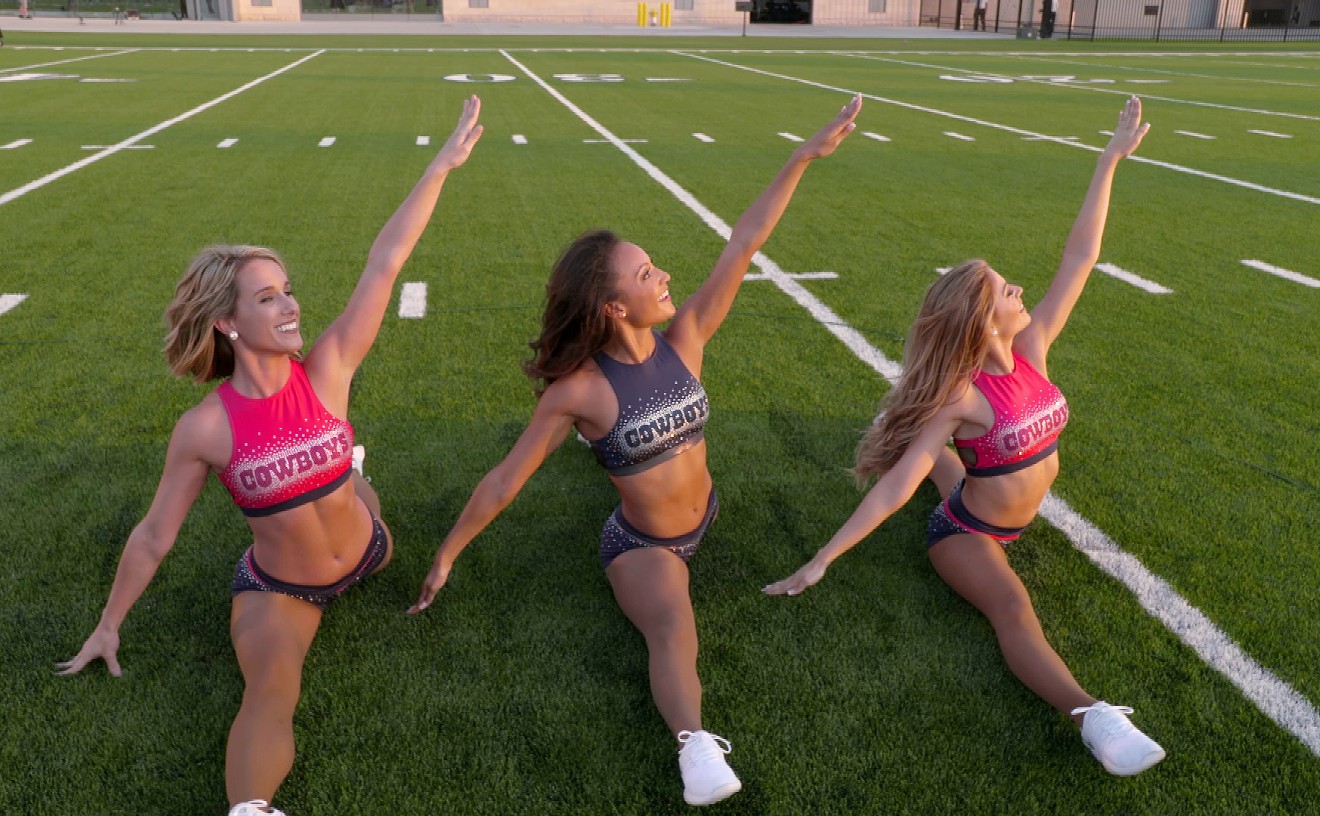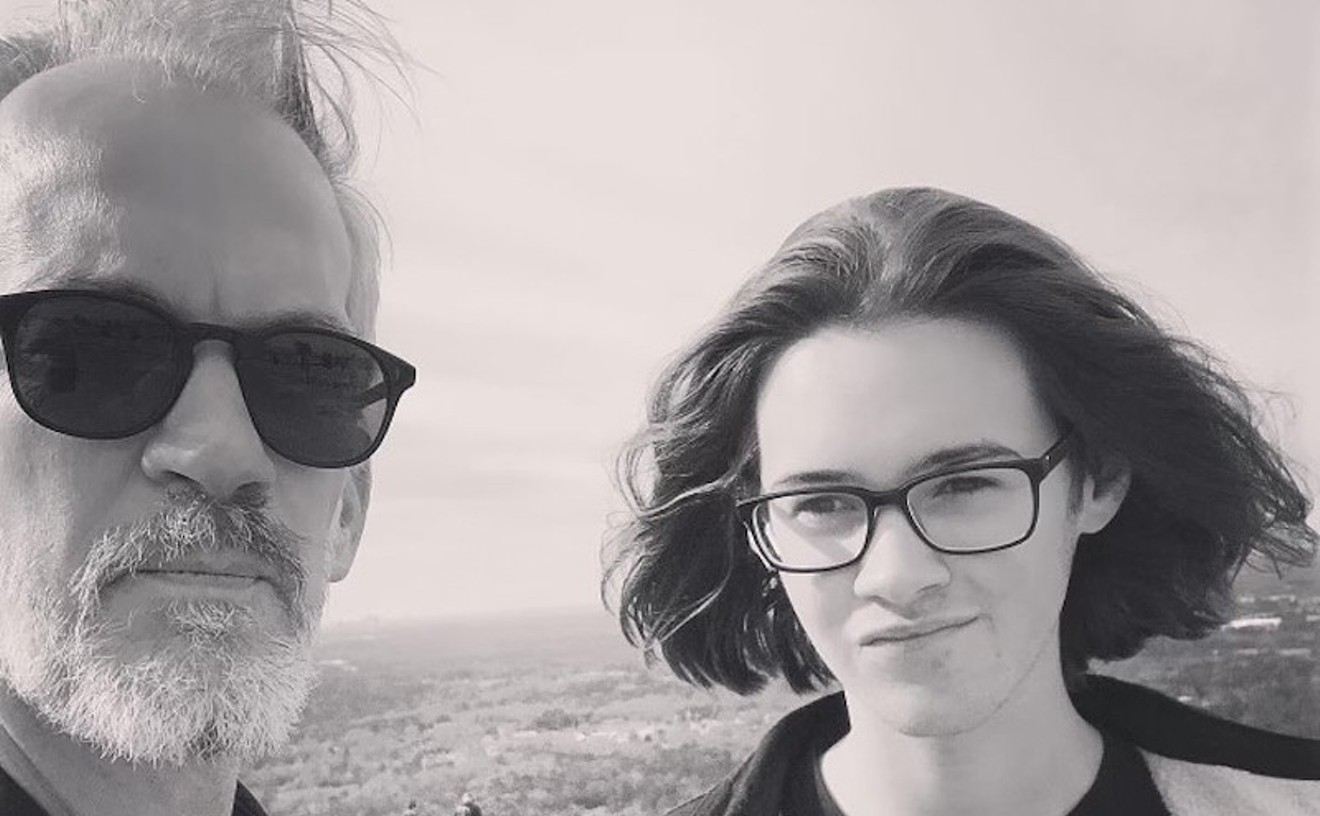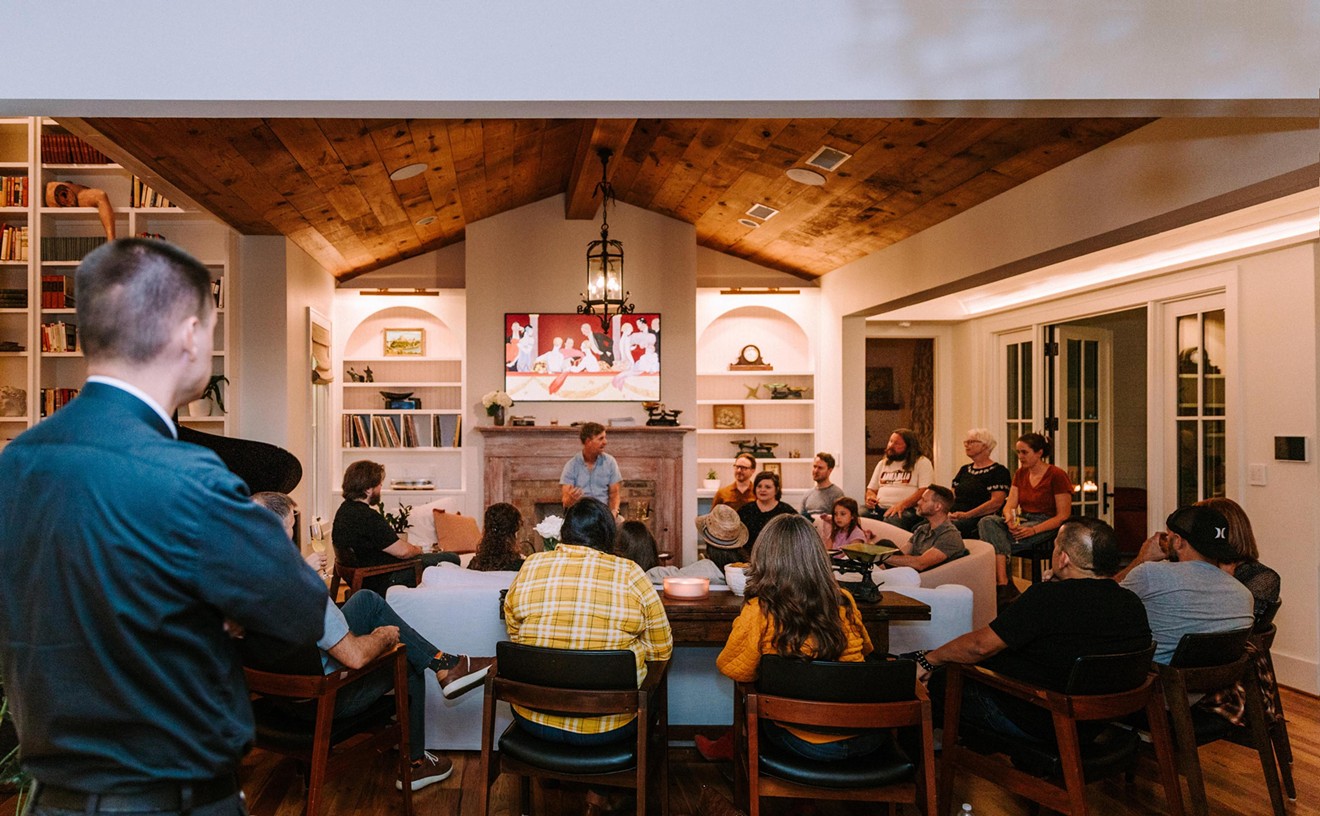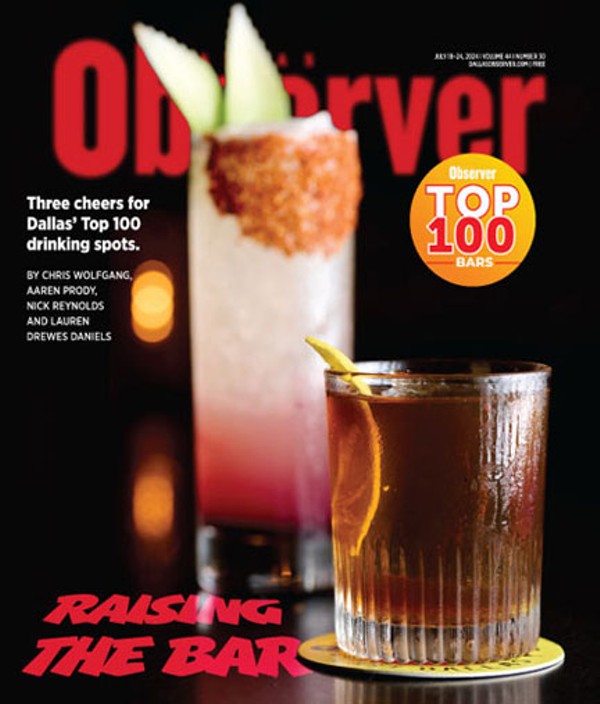A Texas death row inmate has petitioned the U.S. Supreme Court after footage of a Comedy Central special with insult comic Jeff Ross was used as evidence against him.
The footage was shot during Ross' visit to the Brazos County Jail for his special, Jeff Ross Roasts Criminals: Live at Brazos County Jail. Principal photography for the special took place in February 2015 and lasted three days. During the filming, Ross delivered a stand-up special during which he roasted an audience of Brazos County inmates in Don Rickles fashion. He also had one-on-one conversations with various inmates, including death row appellee Gabriel Hall.
In the special, Ross approached a table where a group of inmates, including Hall, were sitting. The Texas Court of Criminal Appeals, the highest criminal court in Texas (the Texas Supreme Court is a court of last resort only for civil cases — Texas has two supreme courts, and the one that handles criminal matters is the Texas Court of Criminal Appeals), contended in December 2021 that during the inmates’ exchange with Ross, Hall “made comments arguably evincing a lack of remorse for having committed capital murder.”
At the time of filming, Hall was awaiting trial for the alleged murder of College Station resident Ed Shaar, a 68-year-old Parkinson’s patient. Hall was convicted seven months after the special was filmed.
Hall’s attorneys unsuccessfully filed a motion to suppress the unaired video from evidence, arguing that the Brazos County Jail permitting Ross to film the special and speak with Hall allowed Ross to obtain incriminating information from him in the absence of legal counsel. Hall’s attorneys presented evidence that they had sent a “no contact” letter to the jail in 2011, instructing jail staff to avoid verbal contact with their client without their written approval.
The Texas Court of Criminal Appeals denied the defense’s motion to suppress the video, holding that Ross did not engage in any agreement to obtain incriminating information at the state’s behest. One of Hall’s attorneys, McKenzie Edwards, tweeted on Wednesday that she and her co-counsel petitioned the U.S. Supreme Court to determine whether the video footage should be admissible under the Sixth Amendment’s Assistance of Counsel Clause.
The Court will consider the appeal and whether to grant a writ of certiorari in a Jan. 6 conference.
College Station police were dispatched to Shaar’s home in October 2011, where they reportedly saw “a tremendous pool of blood at the base of [Shaar’s] head and neck.” The Travis County Medical Examiner’s Office identified Shaar’s cause of death as “a gunshot wound of the head and sharp-force injuries.”
Authorities say Hall confessed in a police interrogation to killing Shaar and attempting to kill his wife.
Edwards and Ross could not be immediately reached for comment.
[
{
"name": "Air - MediumRectangle - Inline Content - Mobile Display Size",
"component": "18855504",
"insertPoint": "2",
"requiredCountToDisplay": "2",
"watchElement": ".fdn-content-body",
"astAdList": [
{
"adType": "rectangle",
"displayTargets": "mobile"
}
]
},{
"name": "Editor Picks",
"component": "17105533",
"insertPoint": "4",
"requiredCountToDisplay": "1",
"watchElement": ".fdn-content-body",
"astAdList": [
{
"adType": "rectangle",
"displayTargets": "desktop|tablet"
},{
"adType": "rectangle",
"displayTargets": "desktop|tablet|mobile"
}
]
},{
"name": "Inline Links",
"component": "18349797",
"insertPoint": "8th",
"startingPoint": 8,
"requiredCountToDisplay": "7",
"maxInsertions": 25
},{
"name": "Air - MediumRectangle - Combo - Inline Content",
"component": "17105532",
"insertPoint": "8th",
"startingPoint": 8,
"requiredCountToDisplay": "7",
"maxInsertions": 25,
"watchElement": ".fdn-content-body",
"astAdList": [
{
"adType": "rectangle",
"displayTargets": "desktop|tablet"
},{
"adType": "rectangle",
"displayTargets": "desktop|tablet|mobile"
}
]
},{
"name": "Inline Links",
"component": "18349797",
"insertPoint": "8th",
"startingPoint": 12,
"requiredCountToDisplay": "11",
"maxInsertions": 25
},{
"name": "Air - Leaderboard Tower - Combo - Inline Content",
"component": "17105535",
"insertPoint": "8th",
"startingPoint": 12,
"requiredCountToDisplay": "11",
"maxInsertions": 25,
"watchElement": ".fdn-content-body",
"astAdList": [
{
"adType": "leaderboardInlineContent",
"displayTargets": "desktop|tablet"
},{
"adType": "tower",
"displayTargets": "mobile"
}
]
}
]

